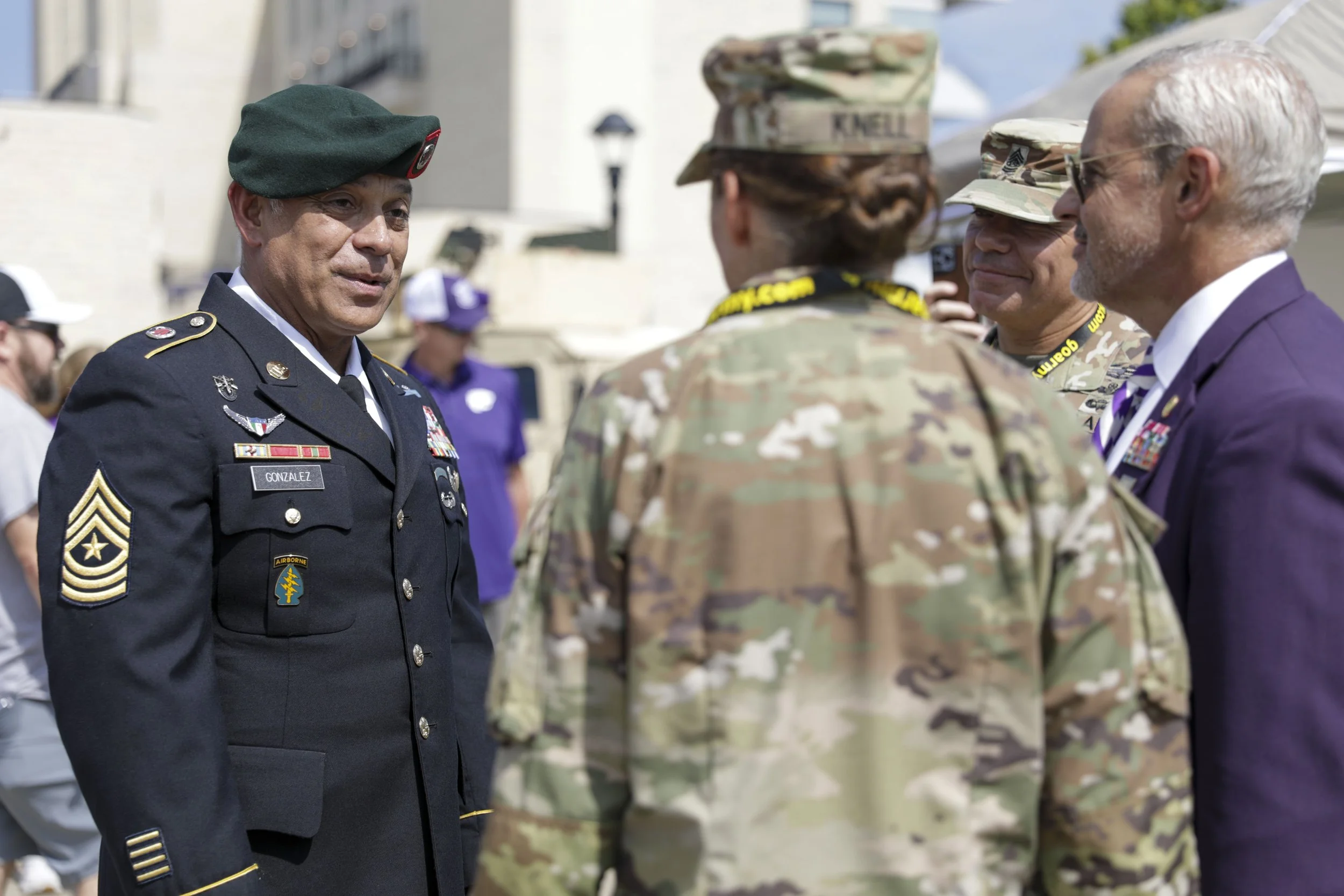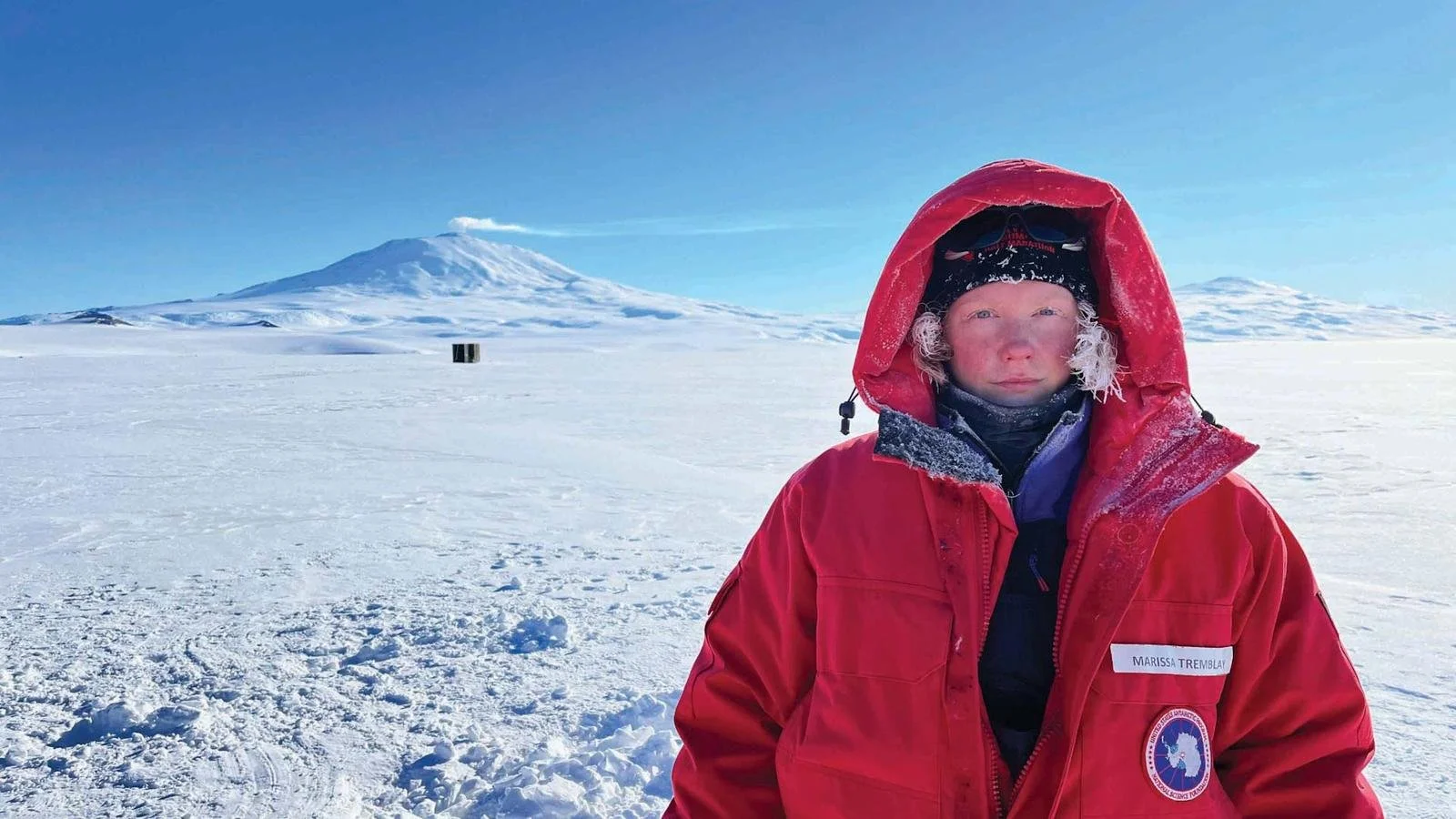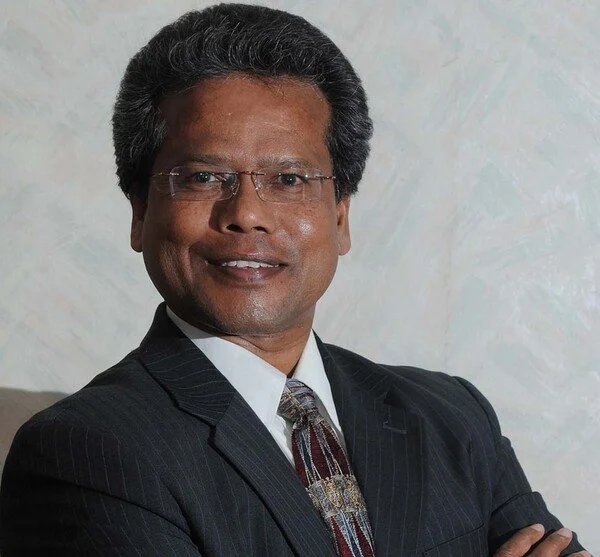Silver Star recipient Antonio Gonzalez ’94 placed his trust in faith, football
Children growing up in the predominantly Mexican-American neighborhood of Boyle Heights in East Los Angeles in the 1980s and ’90s lived on the razor’s edge between childhood innocence and gang violence.
Plagued by high violent crime rates, struggling public schools and poverty, those who yearned to escape the concrete jungle of Boyle Heights saw two options — go to college or enlist in the military. In time, Army Sgt. Maj. Antonio Gonzalez ’94 would do both, earning a football scholarship to Kansas State University and receiving a Silver Star Medal recognizing his gallantry in action.
The oldest of four brothers, Gonzalez felt a responsibility to protect his siblings from the grim reality of their childhood. Though he never got caught up in gangs, his reputation on the street was that of an athlete and a fighter.
“I would not back down from troublemakers,” Gonzalez said. “Sometimes, you grow up with your fists. The world is not always a nice world. It’s not a perfect world, either. But that’s the world I lived in at the time.”
Gonzalez found salvation in sports. His mother, a stay-at-home parent, and father, a restaurant manager, encouraged their sons to focus on academics and pursue athletics as a means of obtaining a college scholarship and staying out of trouble.
“We didn’t have a lot of money,” Gonzalez said. “Football was my ticket to get a college education. I knew if I dedicated myself to sports, something good would come out of it.”
The Road to K-State
At Bishop Mora Salesian High School, Gonzalez played starting cornerback on the varsity football team as a sophomore. But not many talent scouts visit East LA and by high school graduation, no Division I football offers appeared. Gonzalez attended Glendale Community College for a semester before transferring to Rancho Santiago College in Santa Ana, California, where he earned all-state accolades and was recruited to play defensive back at K-State.
“I’d never been on a small plane before and there I was flying into Manhattan on what seemed like a crop duster,” Gonzalez said. “Looking out the window, all I could see were fields and prairie. It felt like I was flying toward nowhere land. I remember thinking, ‘Wow. There is nothing out here.’”
He studied criminal justice in the hope of becoming a police officer or potentially joining the military. His football coaches created a welcoming team environment that emphasized unity. Though they posted more wins than losses, K-State had not yet achieved prominence as a powerhouse team.
“Regardless of whether we won or lost, we were proud to wear the Wildcat uniform,” Gonzalez said. “We placed trust in our coaching staff and in the vision that we were building something special with that football program. That was a big thing for me coming from LA where you don’t trust anybody. Learning to trust in others and to earn their trust in return had a major impact in my life after K-State.”
In May 1994, he became the first person in his family to graduate from college. His parents couldn’t afford to attend his commencement ceremony, but Gonzalez remembers calling them the following day.
“I wanted to show my brothers what was possible,” Gonzalez said. “I wanted to make my parents proud. They sacrificed so much for us — immigrating to this country, encouraging us in academics and sports and keeping us out of trouble. I owe everything to them.”
REPORTING FOR DUTY
Following graduation, Gonzalez struggled to find his footing professionally. He thought he might like working for the International Criminal Police Organization, but he lacked military experience. He’d always considered joining the military, so one day in 1996, he decided he would.
He intended to sign up with the Air Force and execute pararescue missions but both times he went down to the recruiting center, the Air Force recruiter was out golfing. The recruiter for the Marines attempted to persuade Gonzalez to talk with him, but lots of people from Boyle Heights joined the Marines and Gonzalez was determined to strike his own path. Instead, he enlisted for three years in the Army with the intent to get some military experience and get out. With his bachelor’s degree, Gonzalez could have applied to officer candidate school, but working in a cubicle compiling reports and creating presentations didn’t appeal to him.
“I loved being an infantryman,” he said. “My first duty station was Fort Campbell, Kentucky, with the 6th Battalion, 101st Pathfinder Company. I was training out in the woods — patrolling, shooting guns, fast roping down from a helicopter — and loving every second of it.”
His dream of working for Interpol soon shifted to another goal — to qualify for the U.S. Army Special Forces, known as the Green Berets, the elite group of highly trained commandos deployed for specialized combat and counterterrorism operations. The intentionally grueling potentially years-long selection and qualification process turns out the smartest, most lethal fighters in the world known for their exceptional skill and professionalism in modern warfare.
“We’re dynamic problem solvers who can work alone or within a group,” Gonzalez said. “We can be ambassadors or we can be your worst nightmare. We understand and react to our situational environment. When you’re training or fighting alongside partner forces in another country, understanding their language and immersing yourself in their culture is critical. You’re navigating a complex situation and dealing with all sorts of different people with different interests. There can never be a capacity for human error.”
VALOR UNDER FIRE
On June 11, 2007, Gonzalez and his unit were on patrol with some partner forces while searching a village in Urzgan province, Afghanistan, for a person of interest. After the village elder turned them away, insisting nothing was amiss, the group broke for lunch and the American soldiers sought higher ground and radioed back to the Afghan forces to follow. Gonzalez was just about to open his meal ready to eat (MRE) when enemy gunfire erupted in the distance. Their supply trucks were under fire. The Afghan allies were pinned down by a Taliban ambush. The Special Forces unit mobilized to move closer to the attack.
“We threw on our body armor and helmets and moved toward the gunfire,” Gonzalez said. “But instead of retracing our path out, we went back in a different direction. It was the right move, because there were many more of them than there were of us. The enemy had set up an ambush line that stretched a few football fields long. If we’d gone back the same direction we had come, we would have been sitting ducks.”
As the Taliban fired machine guns and launched mortars and rockets, Gonzalez — of his own volition in the absence of orders — ran nearly 40 yards through enemy fire three times to retrieve four Afghan soldiers and bring them back to the safety of his armored vehicle, all the while returning enemy fire. As he hurtled toward his Humvee for the third time, a bullet whizzed past his head — “so close I could kiss it. Something in my mind told me to stop. The Lord was on my side that day.”
“During combat, there’s no time to hesitate,” Gonzalez said. “You have to identify where the enemy fire is coming from. You have to return fire. You have to assess the positions of all of your friendly soldiers and whether there are any
innocent bystanders on the battlefield. Your actions must be precise and accurate. This is what we train for. You leave no man behind.”
He received the Silver Star — the third-highest award for combat valor in the Armed Forces — in recognition of his heroic actions on that day.
“I was just doing my job and I would not hesitate to do it again,” Gonzalez said.
It’s a mentally and physically demanding job he intends to continue doing for as long as he can. It’s also a job that demands sacrifice, from the soldier and his family.
Gonzalez is married to Allison Spencer ’95, ’96. The two met in college and reunited years later. They’ll celebrate five years of marriage this year. His daughter, Savannah, was born in Manhattan, Kansas, at the hospital across from the football stadium. His stepson, Tyler Rhan, followed in his footsteps and enlisted in the Army but was injured in combat in Afghanistan. Spencer’s sons both attend K-State. The eldest, Spencer Rhan ’22, graduated this spring and Owen is a freshman in ROTC. While the kids were growing up, Gonzalez missed a lot of birthdays, holidays and milestones. His time away on deployment strained relationships.
“This job — it’s not without its hardships,” Gonzalez said. “Military service members sacrifice so much to keep our nation free. It’s difficult for the family, but I do it for them.”
This story appeared in the Fall 2022 issue of Minnesota Alumni magazine.










